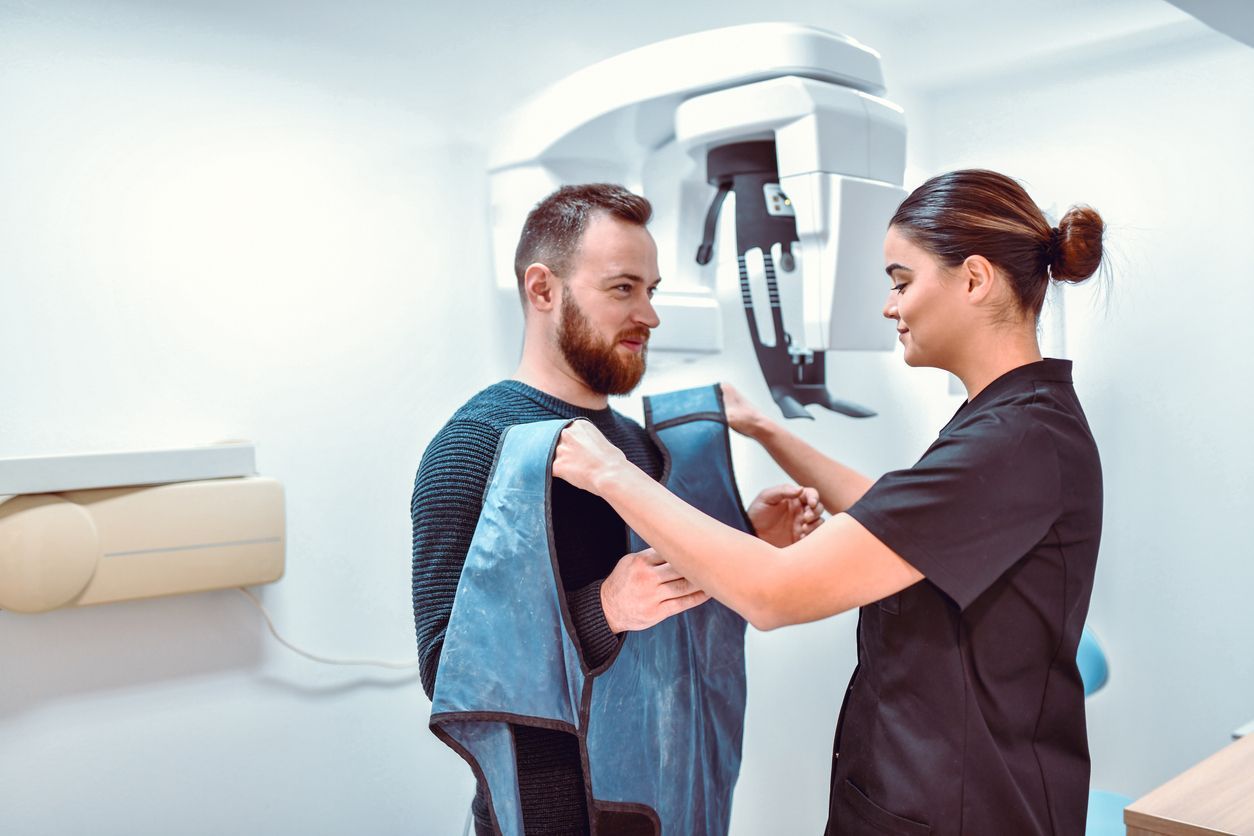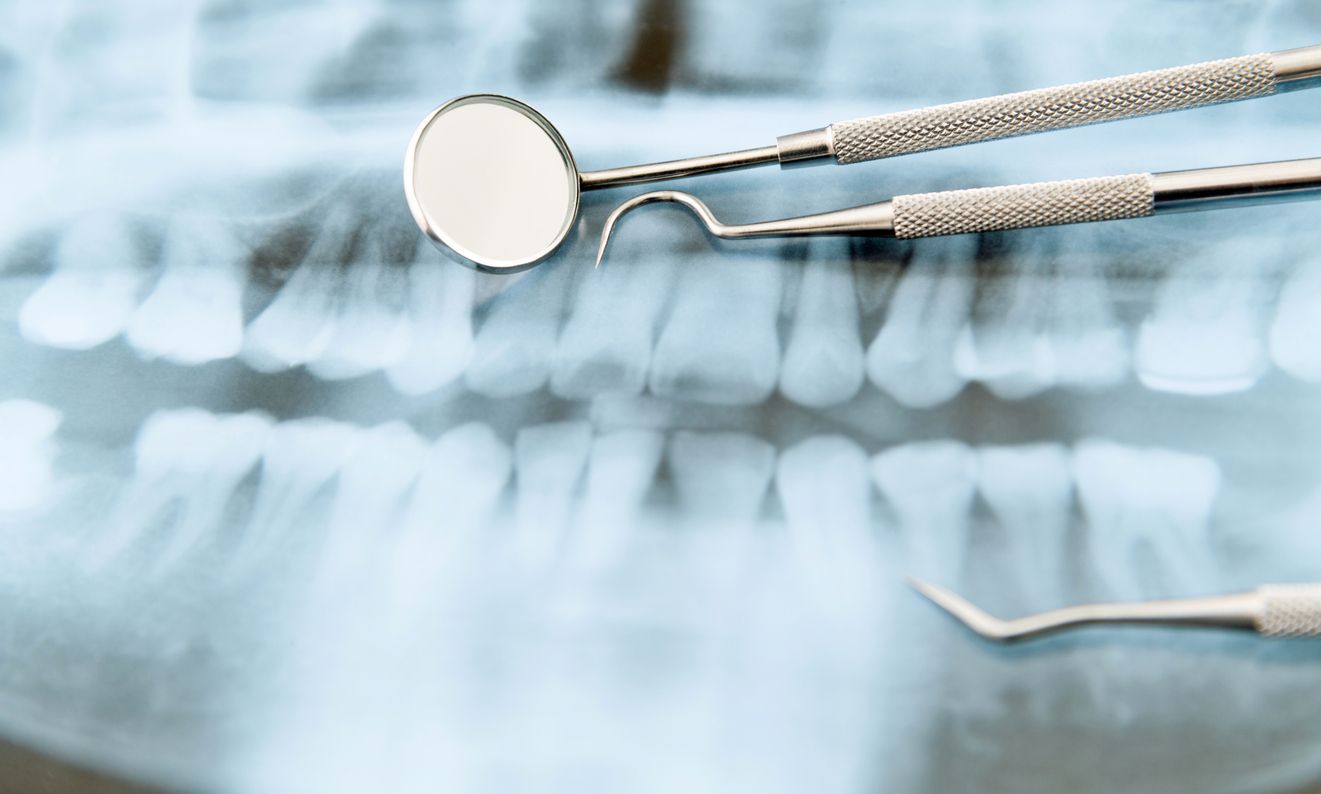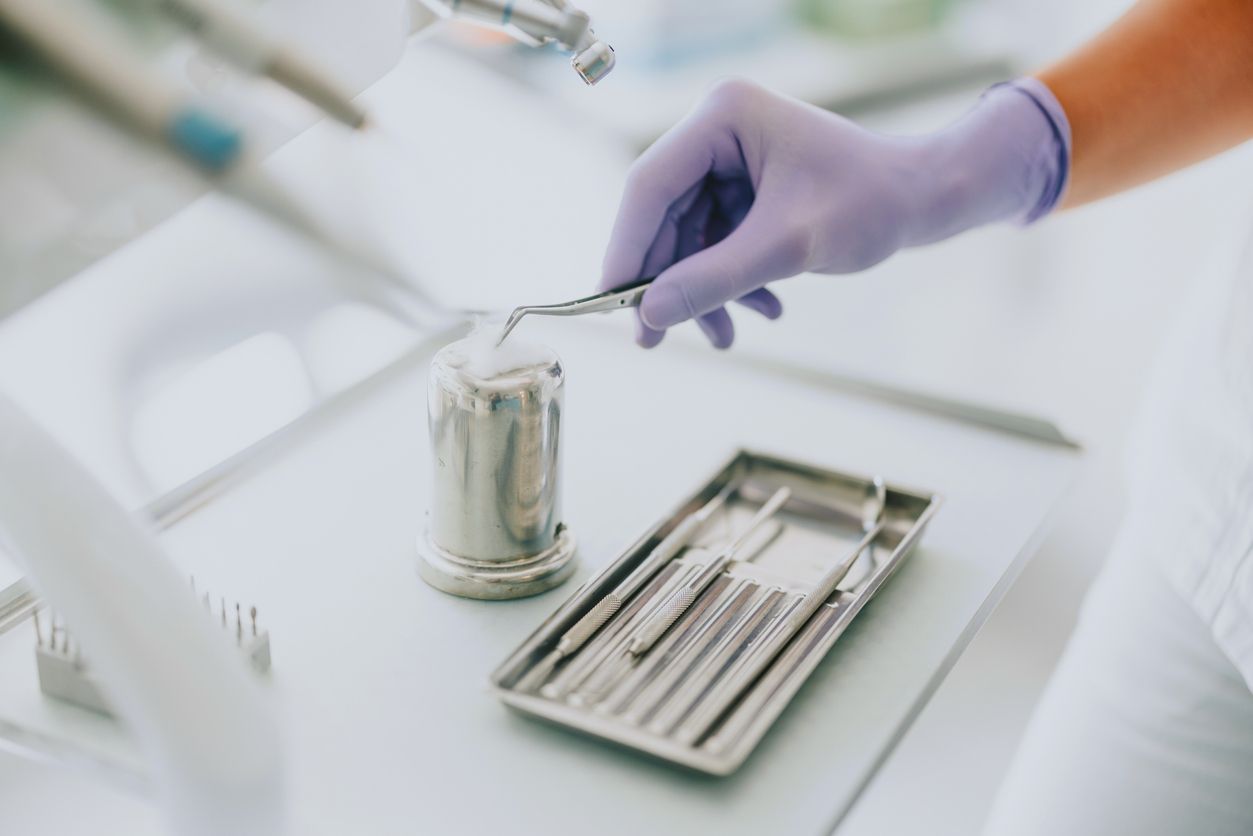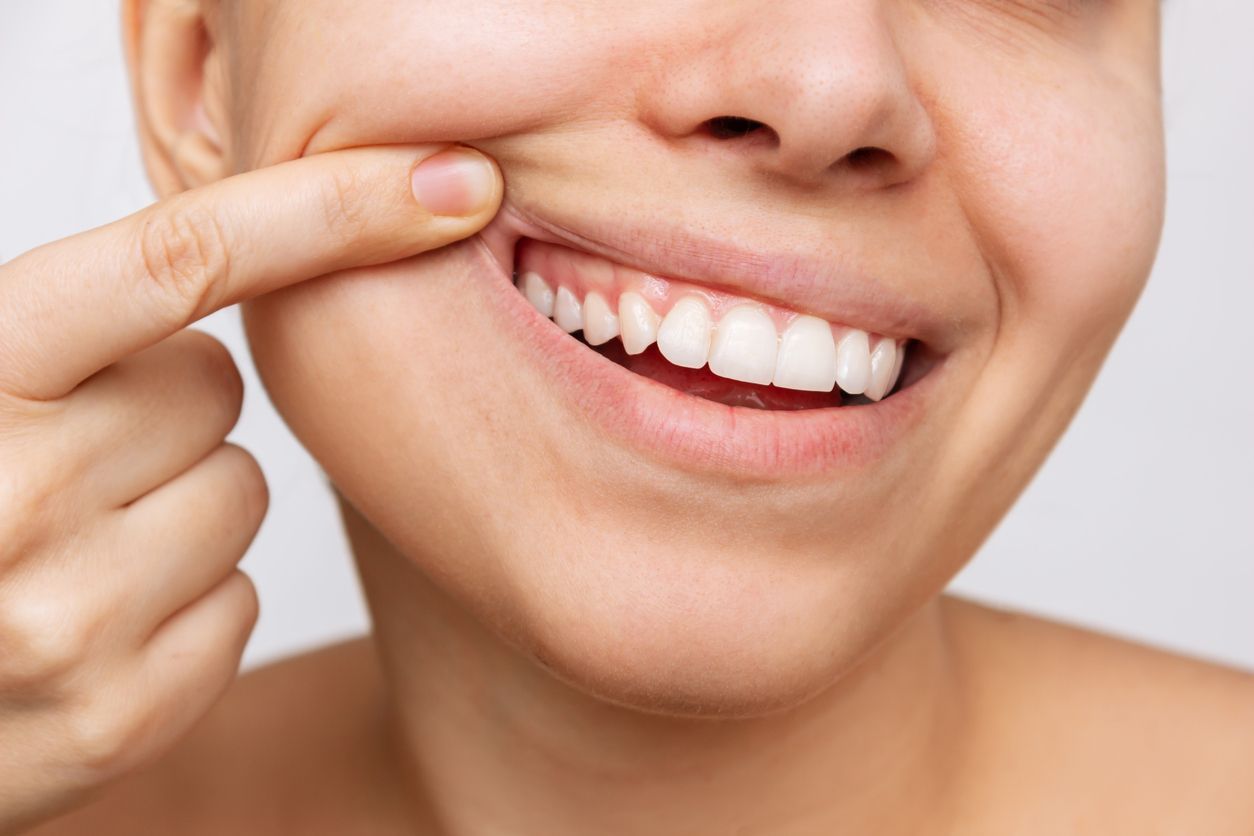When to Seek Emergency Dental Treatment for a Broken Tooth or Crown
A broken tooth or crown can happen at any time. It might be from a sudden impact chewing on hard food or just from wear and tear. Not every dental problem needs immediate help but
knowing when to get emergency treatment is very important. Acting fast can save your tooth relieve pain and prevent bigger problems. Here is a guide to help you know
when you need to see an emergency dentist.
Understanding the Severity of a Broken Tooth or Crown
Not all broken teeth or crowns are a true emergency. But several factors will tell you if the situation is urgent. We will look at different scenarios to help you decide how fast you need to act.
True Dental Emergencies: When Immediate Treatment Is Necessary
Severe Pain: A main sign of an emergency is intense pain. If a broken tooth causes throbbing pain this might mean the nerve is exposed. This increases the risk of infection and further damage. You need to seek emergency dental care right away. Delaying treatment could lead to losing the tooth.
Excessive Bleeding: Another clear sign of an emergency is bleeding that won’t stop. If you have continuous bleeding from the broken tooth or gums you need immediate care. Bleeding that continues even after you apply gentle pressure means you need professional help to avoid complications.
Large Fragments of Tooth Missing: If a big piece of the tooth has broken off it can leave a sharp edge. This can cut your gums or tongue. A large break can also affect how you use the tooth. In most cases the bigger the break the more urgent it is to see a dentist.
Visible Tooth Pulp: When the inside tissue of the tooth called the pulp is exposed it leaves your tooth very vulnerable. This requires immediate treatment. Without it you could get a painful abscess or nerve damage. These are expensive and painful to fix.
Swelling or Abscess Formation:
An abscess or swelling around a broken tooth is a sign of infection. If you see pus coming from the area or if you have a fever and a bad taste in your mouth you need urgent dental treatment. An infection that spreads can be life-threatening so you need to act fast.
Urgent But Not Emergency Dental Situations
Some broken teeth do not need emergency care but still need timely attention. Addressing them quickly can prevent bigger problems and discomfort later on.
Minor Chips or Cracks: A small chip or crack that doesn’t cause pain or bleeding might not be an emergency. But you should still see a dentist soon. A small break can get worse over time and lead to tooth decay or a bigger break.
Loose or Missing Crowns: If a crown is loose or falls off, you should see your dentist soon. It is not an emergency but a missing crown leaves the tooth under it exposed to bacteria. This can cause discomfort or damage. In some cases the crown can just be put back on.
Tooth Sensitivity:
If you have more sensitivity to hot or cold foods after a tooth breaks, it means the tooth is at risk. This is not an emergency but you should get care soon to stop further damage.
When a Broken Crown Becomes an Emergency
A crown can also break or fall off. When this happens, you should know when it is an emergency.
Pain or Sensitivity: If your broken crown exposes the tooth underneath and you feel pain or sensitivity, it is an emergency. This pain could mean the exposed tooth is at risk of infection.
Sharp Edges: A broken crown can leave sharp edges. These can cut your tongue or cheek. This requires a fast visit to the dentist to smooth the edges or replace the crown.
Difficulty Eating or Speaking: If the broken crown makes it hard to chew or speak you should see a dentist quickly. It can make normal daily activities challenging.
Compromised Tooth Structure: If a crown falls off and leaves the tooth exposed it needs to be looked at right away. Without the crown the tooth is at risk of decay and infection.
Immediate Steps You Can Take While Waiting
If you have a broken tooth or crown, here are a few things you can do to manage the situation before your dental visit.
Rinse Your Mouth: Use warm water to rinse your mouth. This helps get rid of blood or debris. Do not use hot or cold water as it can cause more pain.
Control Bleeding: If there is bleeding apply gentle pressure with a clean gauze or cloth. Bite down softly to help stop the bleeding. Do not press directly on the broken tooth.
Apply a Cold Compress: For swelling or pain use a cold pack on the outside of your cheek. This will help reduce swelling and numb the area.
Avoid Certain Foods: Do not chew on the broken tooth. Stay away from hard hot or sticky foods that could make the damage worse.
Use Over-the-Counter Pain Relievers: Medicine like ibuprofen or acetaminophen can help with pain. Do not ever place aspirin directly on the tooth or gum.
Treatment Options for a Broken Tooth or Crown
When you visit your dentist they will look at the damage. They will then recommend the best treatment for you.
Minor Chips or Cracks: For a small break your dentist may use dental bonding.
Moderate Damage: If the damage is bigger a filling or a crown may be used to restore the tooth.
Severe Damage: If the tooth is very broken or the nerve is exposed a root canal may be needed. In the worst cases the tooth may have to be removed.
Preventing Broken Teeth and Crowns
While accidents happen, you can do some things to lower the risk.
Wear a Mouthguard: If you play sports wearing a mouthguard can protect your teeth from injury.
Avoid Hard Foods: Be careful with hard foods like nuts ice or candy that can crack your teeth.
Maintain Good Oral Hygiene: Brushing and flossing every day can prevent tooth decay and weakening.
Regular Dental Check-ups: Regular visits to your dentist can help them find signs of weakness before they become a big problem.
Final Thoughts
Not every broken tooth or crown is an emergency. But if you have severe pain, bleeding or a large break you should seek immediate care. By knowing when to act and taking the right steps you can protect your oral health. Always talk to your dentist to find the best treatment plan to keep your smile healthy.
This blog is brought to you by Premier Smile Center, a
trusted general and cosmetic dentist in Fort Lauderdale, FL, with over 20 years of experience in treating broken teeth and crowns.










